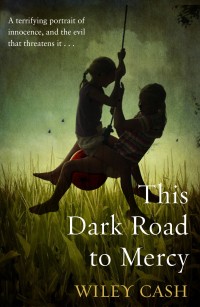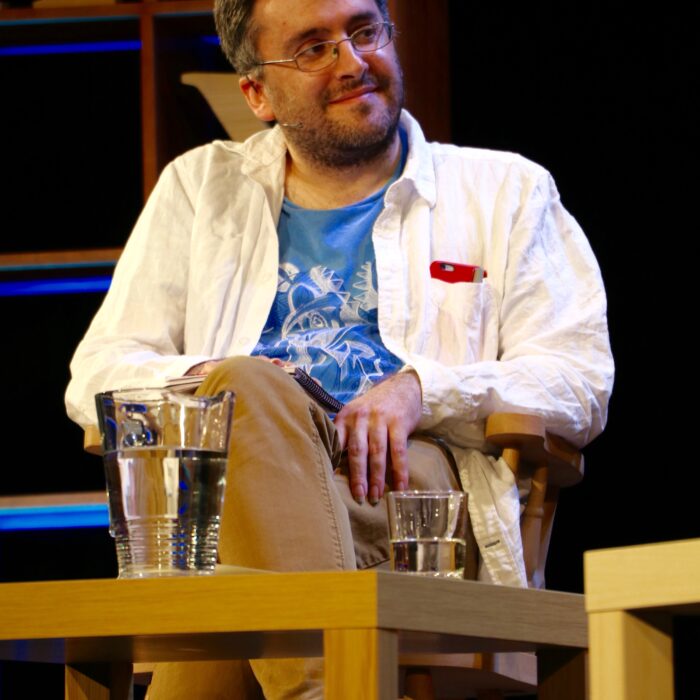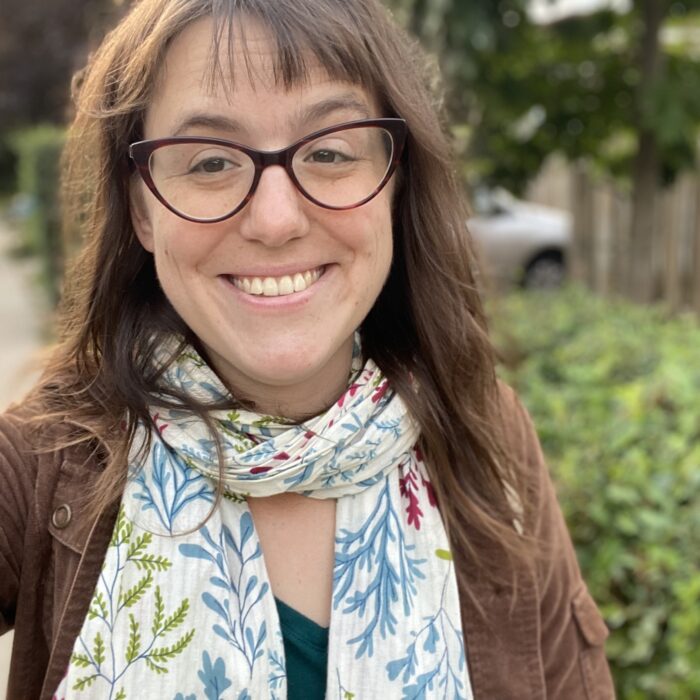You have no items in your cart. Want to get some nice things?
Go shoppingWiley Cash, author of Litro’s Autumn / Winter Book Club read, the grippingly dark This Dark Road to Mercy, tells us about his life in West Virginia, and how the idea for the novel came about.
Litro: Tell us a bit about yourself? How long have you been a writer and what is your life like in West Virginia?
Wiley: I don’t really know how long I’ve been a writer. I suppose I’ve been writing fiction since I was eighteen years old or so. My first story was published when I was nineteen. I guess that made me a writer then, but I had a decade of rejections and didn’t have another story published for ten years, so I guess I took a break from being a “writer” during that time!
My wife and I are both from North Carolina, but we moved to West Virginia where I had a job teaching literature and writing at a small liberal arts college. A few years ago I resigned to spend more time writing, and in September 2013 we moved to Wilmington, North Carolina, where my wife is from and where we met in 2005.
Wilmington is a great city for a writer. The beach is close by, there’s a wonderful local arts scene, and the city is crawling with professional writers.
Litro: In a nutshell, what is This Dark Road to Mercy about?
Wiley: It’s about a washed-up minor league baseball player who kidnaps his two daughters from a foster home and tries to be a father to them.
Litro: Where did your inspiration for the book come from?
Wiley: The inspiration for this novel came from several sources. One source is a story my wife told me: when she was a child she and her father used to walk to the baseball field near their home and throw ball during the summer. I thought it was a beautiful image: a father and his daughter on a ball field at dusk in the summer. But I wanted to complicate things, so I imagined a little girl out on the field with her friends, looking up to see her long-lost father watching her from the stands. That image became the opening scene of This Dark Road to Mercy.
I also recalled my memories of two young sisters who went to church with me when I was a child. They were raised by a foster family, and they were eventually murdered by two older guys they were dating. They were very sweet girls, and they were only fifteen and twelve when they were murdered. The weight of that tragedy has stayed with me. The two sisters in my novel aren’t in that kind of danger, but they don’t know that.
Litro: Innocence and the sibling bond are at the heart of the book, and also in your debut novel, A Land More Kind Than Home. The innocence of childhood is clearly a subject that motivates you. Why is this?
Wiley: There are several things that appeal to me when writing about children. The first thing is the honesty of their perceptions and the honesty with which they share those perceptions. Kids make wonderful narrators because very little is filtered out. Adults are more given to protecting their sense of character, but children aren’t quite so self-aware. They tell it like it is.
Another thing that appeals to me is that writing about children allows me to return to my own childhood and uncover the wealth of experiences, dreams, and fears I may have forgotten about. Childhood, both good and bad, is an incredible well from which writers can draw. It’s amazing what we’ve forgotten, but it’s even more amazing when we realize what we can remember.
Litro: There are good guys and bad guys in life. Wade is fundamentally a good guy who “messed up”, and by the middle of the book we are rooting for him. Do you believe in second chances?
Wiley: Absolutely. I always root for the underdog, especially if that underdog has a checkered past and is trying to make amends like Wade is. Americans especially love giving second chances. Whether it’s a politician or an athlete, we’re always hoping that folks will be willing and able to redeem themselves.
Litro: Easter’s slow but eventual forgiveness of her father’s absence and past behaviour is an emotional journey to witness, especially when in Chapter 34 she prevents his arrest. Do you think it’s true what they say – children can see the good in a person?
Wiley: I think so. I also think children understand the purity and immediacy of emotion in ways adults preclude themselves from understanding them. Easter loves her father, and eventually it grows to be an uncomplicated love, despite his past behavior. She does everything she can to protect and nurture that love. Adults love with caveats; children love with consistency and purity.
Litro: Your novel is set against a backdrop of professional baseball. Have you played the sport yourself? Can you explain for a British readership what it was that attracted you to it as the setting for your story?
Wiley: Like a lot of boys growing up in America, I played a lot of baseball, and I still follow the professional game. It’s hard to say what makes Americans love baseball. It’s referred to as “the boy’s game” and “America’s pastime,” and I think there’s a sense of innocence and wander attached to it. I think the game looms large in the American imagination. Aside from presidents, our earliest national heroes were baseball players.
Litro: What other themes were you interested in addressing in the novel?
Wiley: I’m really interested in the Renaissance idea of “seeming, not being,” which is ironic because the state of North Carolina’s motto is “to be, rather than to seem.” I’m always interested in people who seem one way but end up being another person altogether. Wade seems like a total loser, but maybe he’s not. I played with this idea in A Land More Kind Than Home as well.
Litro: What do you hope people will take away from reading your book?
Wiley: I hope they’ll remember that you can’t choose your family, but that doesn’t mean you can’t love them and seek to understand them.
Litro: Who are your favourite authors, and which writers have most inspired your own writing?
Wiley: My favorite writers are the North Carolina writers I grew up reading: Thomas Wolfe, Kaye Gibbons, Clyde Edgerton, Wilma Dykeman, Fred Chappell, and Ron Rash.
Litro: And finally, what’s next for Wiley Cash?
Wiley: I’m currently at work on a novel about the role of women in an infamous cotton mill strike in my hometown of Gastonia, North Carolina, in 1929.
Read the book? Tell us what you think on the Book Club discussion page




